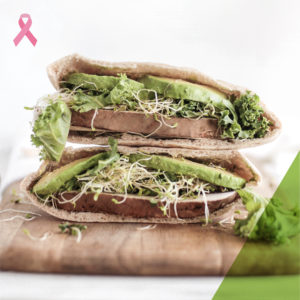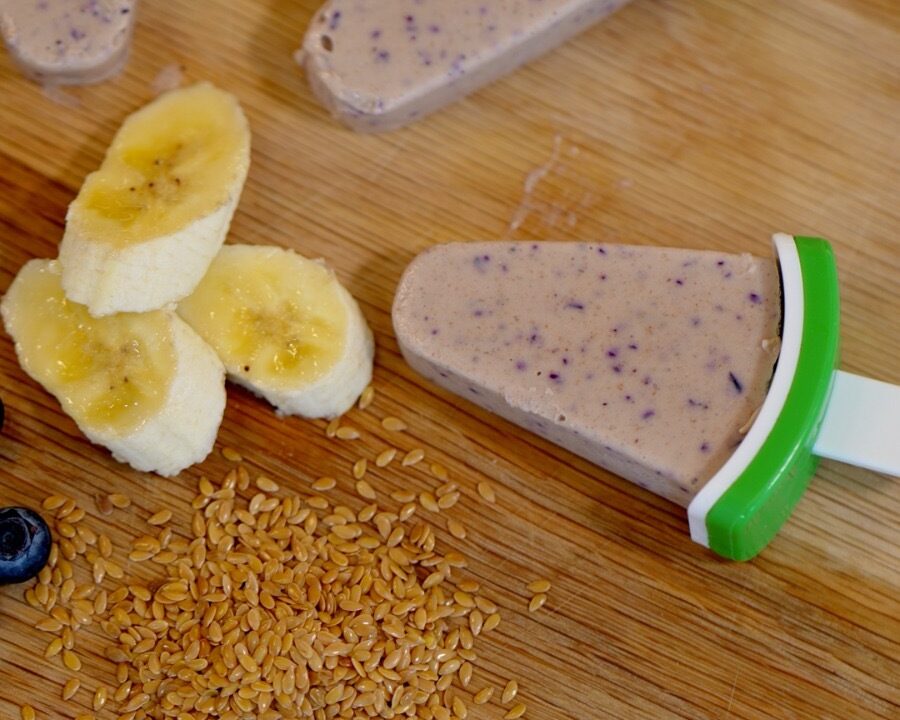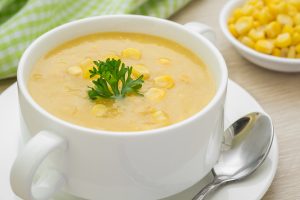October is Breast Cancer Awareness Month, a time to raise awareness and to discover and share new ways to protect others and ourselves. There are many ways to get involved: get a screening, volunteer your time, make a donation or share a story of hope.
You can also get involved by making a tangible change in your lifestyle. According to Stanford Health, “There are many nutrition and lifestyle choices women can make every day to increase their protection from breast cancer.”
“Step 1. Healthy weight
It is important to lose weight or maintain a healthy weight through daily exercise and a low fat plant-based diet. According to the National Cancer Institute, exercising for four or more hours a week may also decrease hormone levels and help lower breast cancer risk.
Step 2. Eat a plant-based diet
Plant foods are rich sources of fiber, antioxidants and phytochemicals which have been shown to decrease the risk of cancer and protect the body from other chronic diseases such as diabetes and heart disease. Choose whole grains and legumes as well as at least 6-9 servings from a variety of brightly colored fruits and vegetables daily.
Step 3. Limit dietary fats
Some studies suggest additional benefit from limiting dietary fats in the diet, such as:
- Butter
- Full-fat dairy
- Poultry skin
- Fatty meats
- Hydrogenated oils
- Some margarines
Step 4. Soy
Soy is an excellent source of protein, fiber, B Vitamins, iron, calcium and isoflavones which can possibly help bind estrogen and may decrease the risk of hormone related cancers such as breast and prostate.
Step 5: Green tea
This beverage has strong anticancer properties from catechins, a flavonoid. Aim for 1-4 cups daily.
Step 6. Alcohol
Alcohol is a strong risk factor for many cancers, including breast cancer. Despite the benefits of resveratrol, a phytochemical in red wine and grapes, experts recommend avoiding alcohol as there appears to be no safe level for prevention of cancer.
Step 7. Bone health and vitamin D
It’s important for women of all ages to consume adequate amounts of calcium and Vitamin D to maintain bone health and this may be even more crucial for postmenopausal women due to their increased risk of osteoporosis. Vitamin D has promising health benefits alone.
Step 8. Sugar and cancer
Limit concentrated sweets, added sugar from processed foods, and sugary beverages as these foods provide calories, but few nutrients. A high intake of sugar can increase insulin levels as well as encourage weight gain, both possibly leading to cancer.”
This Breast Cancer Awareness Month, consider all of the ways you can help yourself or your community in the fight against breast cancer and get involved! Even a few small changes today can make a big impact down the road—for you and for others.




